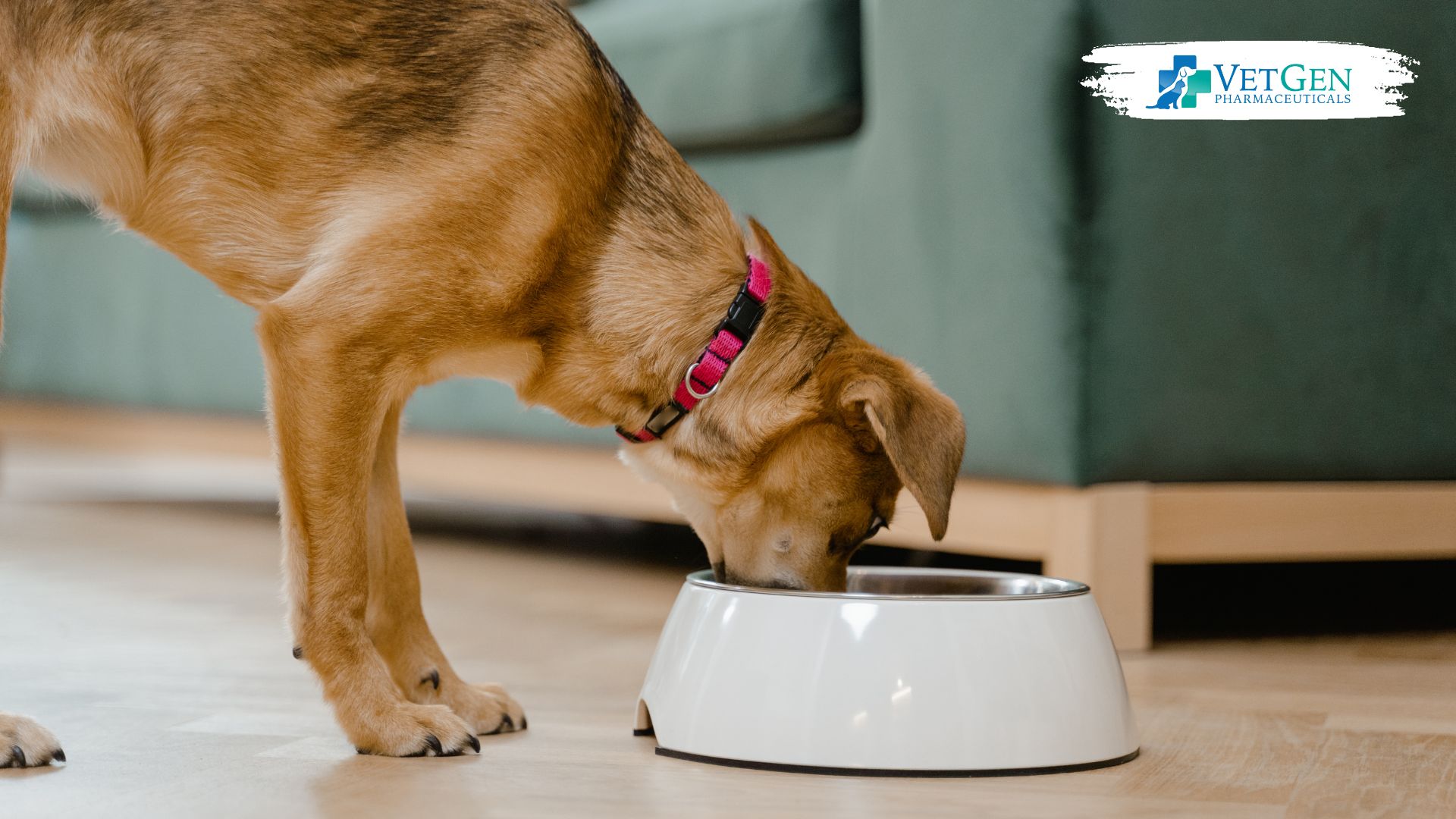Recently, bone broth has been a popular help for digestive problems in dogs. This guide considers how bone broth benefits a dog’s digestive system and informs pet owners on its uses and benefits.
Understanding Bone Broth
Bone broth for dogs is a healthy liquid prepared through the boiling of animal bones and tissues for a long time, usually several hours or even days. What emerges in the result is the pulling out of varied minerals, amino acids, among other good things within the bones, into creating a tasty broth that is also nutritious.
This product had been part of the human diet for decades but, for positive effects on dog health, only recently has become the talk of common pet nutrition.
Digestive Benefits of Bone Broth for Dogs
It can be added to the diet of a dog through numerous ways, including
1. Anti-Vomiting Efficacies for Gastrointestinal Conditions
Bone broth can be very helpful for dogs that have a slight upset stomach. It is gentle, so it can make the stomach feel better and may help reduce discomfort.
2. Support to Gastrointestinal Health
Gelatin is one crucial component of bone broth. It is made as the collagen breaks down during the process of cooking inside the bones. The quality of gelatin can help strengthen and mend the lining inside their intestines. It is particularly helpful to dogs which have sensitive stomachs or food intolerance.
3. Enhanced Production of Digestive Enzymes
The amino acids present in bone broth may aid in synthesizing digestive enzymes in dogs. These enzymes could be important for breaking down food and letting the body use nutrients more effectively.
4. Hydration Support
Some dogs might not want to drink enough water. Adding bone broth to their food can help them drink more, which is important for good digestion and health.

Additional Health Benefits
This guide talks mainly about how bone broth helps digestion, but it’s important to say that bone broth might have other health benefits for dogs too.
1. Joint Health Support
Bone broth contains glucosamine and chondroitin – things that may help maintain healthy joints. That can be particularly beneficial to older dogs, or for dogs that don’t get around well.
2. Immune System Support
The minerals and amino acids in bone broth can help make a dog’s immune system stronger.
3. Liver Function Support
Glycine is an amino acid found in bone broth. It may aid the liver in detoxing from substances.
4. Health of Skin and Fur
Perhaps the collagen in bone broth would give dogs softer, healthier skin and fur.
Incorporating Bone Broth into a Dog's Diet
It can be added to the diet of a dog through numerous ways, including
- As a standalone supplement: Serve slightly warmed bone broth in a bowl.
- As a topper for food: Just a little on the dog’s food to be eaten.
- For a frozen treat: Pour bone broth into ice cube trays and freeze for a cool snack.
- To help with hydration: Add a little bit to the dog’s water bowl.
You should talk to a veterinarian before changing a dog’s diet a lot, because each dog might have special food needs or limitations.
Homemade Bone Broth Recipe
For those wishing to make bone broth at home, here is a simple recipe:
- Collect beef, chicken or turkey bones, but never use pork bones.
- Place bones in a huge pot or a crock-pot.
- Pour over with water and add a little apple cider vinegar to coax the nutrients out.
- Cook at low heat for 24-48 hours.
- Strain the broth and allow it to cool.
- Skim off any fat that rises to the top.
- Store it in the refrigerator for 5 days or freeze it for later use.
Note: The onions or garlic would not be used for they are toxic to dogs.

Commercial Bone Broth Options
Prepared, even ready-to-use options for dog owners who may appreciate convenience can be found in store-bought bone broths made specifically for dogs. Any packaged product should be read with attention to labels and also selected based on no added salt or harmful additives.
Conclusion
Bone broth can add the much-needed goodness for improving digestive health in dogs. Rich in nutrients, yet mild in quality, this is one of the reasons many dog owners turn to it when trying to upgrade their pet’s diet.
Bone broth can also be helpful with the gut health and overall wellness of your pet. However, again, any addition to your pet’s diet will need to be done slowly and in consultation with a veterinarian. More research is required to understand completely the ways in which bone broth can benefit a dog, but to date, every shred of evidence and anecdotal story would indicate that it could be a good addition to their diet. If the owner thinks through what their dog requires and discusses their ideas with a vet, they will be able to make smart choices about adding bone broth to their dog’s food.
Frequently Asked Questions
What is the recommended dosage for dogs in this product?
The general rule is to begin with about 1 ounce per 10 pounds of body weight daily and adjust as well as the tolerance and needs of the dog.
Can puppies drink bone broth?
Bone broth can be given to puppies in small amounts and should be consulted with a veterinarian, particularly for the young pups.
Can Bone Broth Help Dogs Suffering from Food Allergies?
Bone broth may heal the gut to reduce food sensitivities over time. However, do not treat food allergies without proper consultation with a veterinarian.
Should bone broth replace regular meals?
No, bone broth is more of a supplement than a meal substitute. Thus, it should be supplemented alongside a balanced diet in dogs.
Do contraindications exist for bone broth?
Dogs with specific health issues, such as liver disease or pancreatitis in dogs, might have to avoid bone broth or can only tolerate small amounts. Always consult a veterinarian before introducing any supplement to the diet of a dog.






